Muslim Women’s Day: Throwing a Spotlight on Muslim Women’s Rights
Reposted from PassBlue.com
Pakistani Foreign Minister Bilawal Bhutto Zardari opposes the general perception that Islam represses women while ignoring various negative indices regarding women in his own country. “Islam was the first religion to give rights to women,” he declared in a session on “Women in Islam,” held at the United Nations and led by Zardari as chair of the Organization of Islamic Cooperation’s Council of Foreign Ministers. “Islam forbids injustice against women.”
The Pakistan event was held during the 67th session of the Commission on the Status of Women, running from March 6 to 17; its theme is using innovation and technology to promote gender equality. Many countries have been adopting the theme in events they are holding during the conference to reflect what is happening in their region or back home. The Pakistan forum occurred on March 8, International Women’s Day, just as a debate on Afghanistan, its neighbor, took place in the Security Council down the hall. In that chamber, diplomats and others aired serious worries about the status of women and girls in the country, as their rights are being slashed by the Taliban-headed government.
Nevertheless, Pakistan aimed to bridge the perception-reality gap on the rights of women in Islam throughout the world. Speaking on the efforts of Pakistan, an Islamic republic, to advance women’s equality, Zardari said that its “digital policy framework” is training girls in computing so they can earn a living some day. “We continue to incentivize women-owned and women-run start-ups in Pakistan’s IT sector,” he said. “Computer labs have been established in girls’ schools through collaboration with the private sector.”
He also said that part of his “political and personal mission” is to address “misconceptions about Islam and advance the cause of women empowerment that was so boldly espoused by my mother as a living example.”
His mother, Benazir Bhutto, a former prime minister, also represented Pakistan at the groundbreaking Beijing women’s conference in 1995, he said. Quoting her, he added: “As the first woman ever elected to head an Islamic nation, I feel a special responsibility towards women’s issues and towards all women. And as a Muslim woman, I feel a special responsibility to counter the propaganda of a handful that Islam gives women a second-class status.” (She was assassinated in 2007.)
Yet a survey by the Thomson Reuters Foundation ranked Pakistan the sixth most-dangerous country in the world for women. (Another neighbor, India, ranked No. 1.) The survey also revealed how sexual violence, domestic abuse, acid attacks and honor killings characterize Pakistani society.
UN Women says that women continue to remain underrepresented in leadership roles in Pakistan and are restricted from jobs in the political/public sphere because of systemic challenges stemming from patriarchy. According to the Election Commission of Pakistan (ECP), an independent body that organizes and conducts federal elections, it calculates a gender gap of around 12.5 million in the electoral rolls. According to UN Women, at the current rate of progress, gender parity in the national legislature will not be achieved before 2063.
But speaking at the conference, the prime minister said that “the issue of perception that Muslim women are oppressed and discriminated against is misplaced,” adding that it was crucial to distinguish between Islamic principles and law and social practices espoused by some patriarchal societies.
Muslim women have played outstanding roles in all walks of life, including education, business, economics, politics and governance, Zardari said, listing successes. That includes the first woman president of Indonesia, the first prime ministers of Tunisia and Türkiye and the youngest Muslim girl to win the Nobel Peace Prize, Malala Yousafzai. She was shot in the face by the Taliban in Pakistan while riding in a school bus.
The Pakistan forum drew numerous other speakers, but the spokesperson for the Pakistan mission to the UN said it was not inspired by a proposal voiced by Amina Mohammed, the UN’s deputy secretary-general, in late January, after she and other UN officials traveled to Afghanistan to talk to the Taliban, that the UN and the OIC should hold an international conference in March on women in the Muslim world. (Mohammed spoke at the Pakistan event in a pre-recorded message.) — DAMILOLA BANJO
Other quotes from speakers:
Mohamed Shihab, minister for gender, family and social services, Maldives: “The right to education for every child in the Maldives without discrimination is enshrined within the child rights protection act and the Education Act of 2020.”
Wafa Bani Mustafa, minister of social development, Jordan: Jordan has granted particular importance to refugees, specifically refugee women, by “guaranteeing them a dignified life on the basis of the humanist messages of Islam and the moral values of all Jordanian people.”
Amal Hamad, minister of women’s affairs, Palestine: Education is mandatory for all Palestinian children.
Noura AlKaabi, minister of state, United Arab Emirates: “Extremism distorts Islam as a means of justifying discriminatory practices and misogynistic policies against women and girls. Islamophobia instrumentalizes the status of women in Islam in a cynical effort to vilify and otherize Islam and Muslims.”






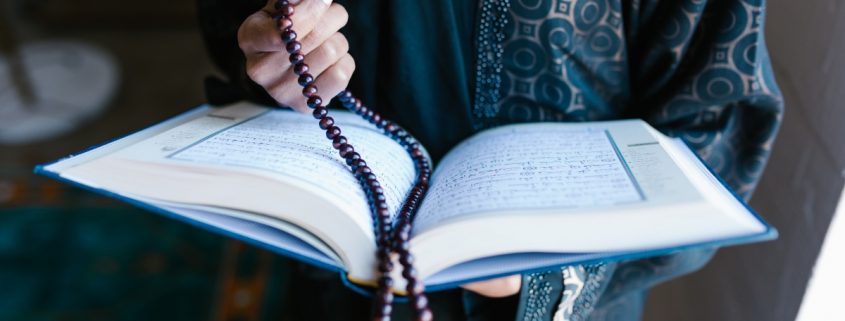
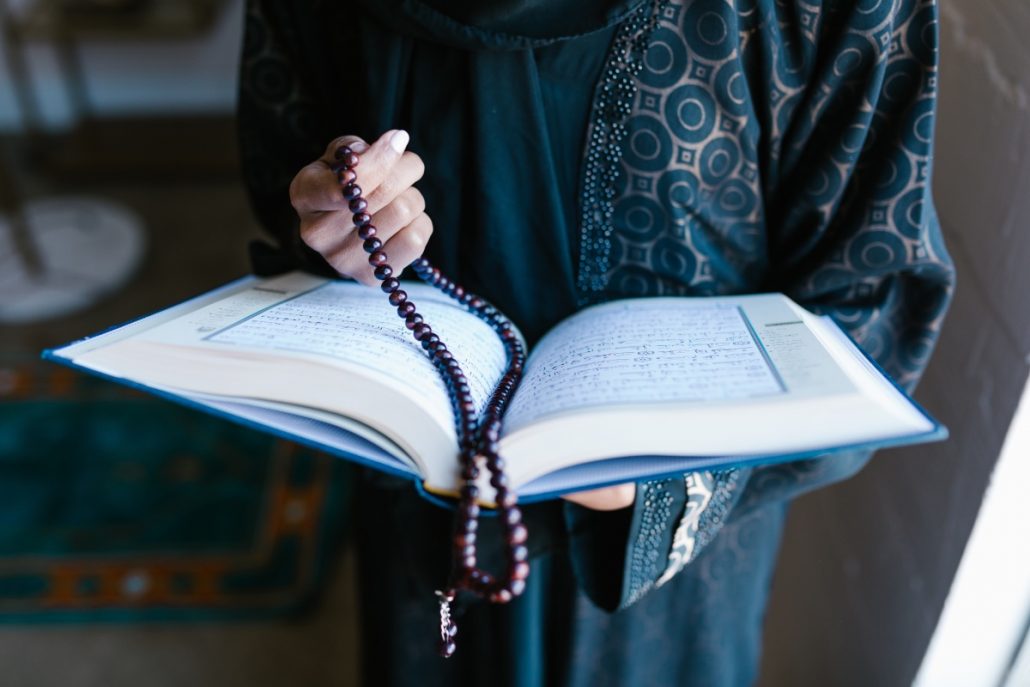


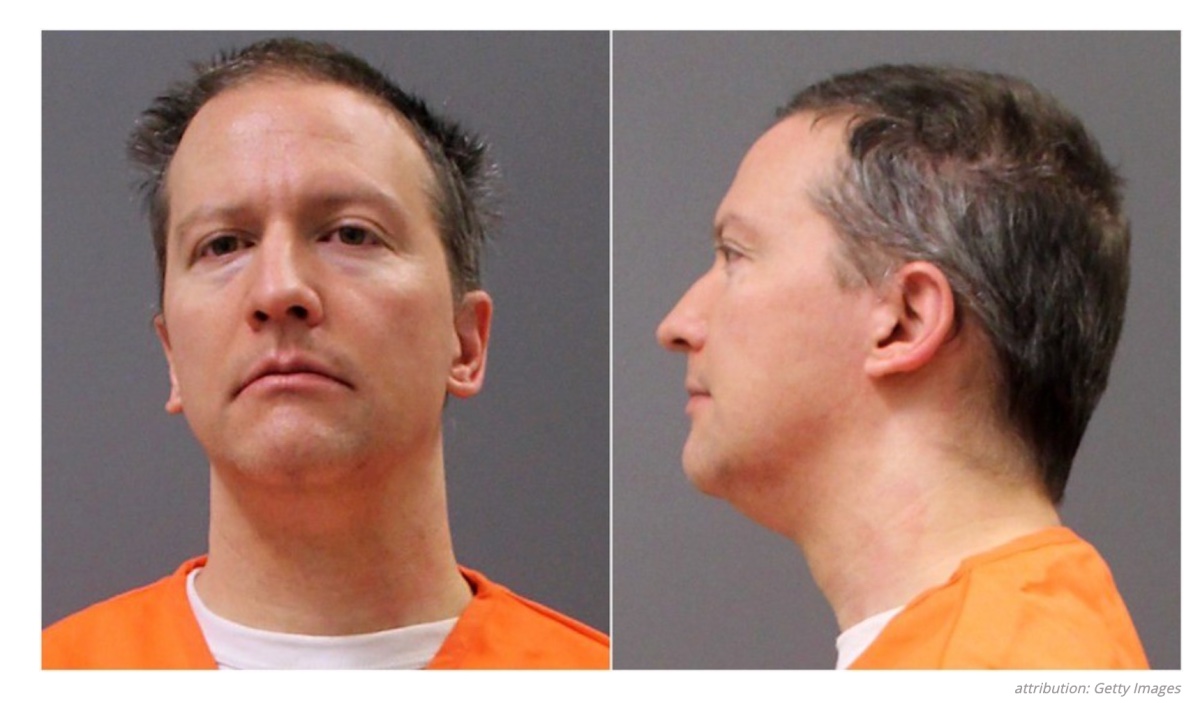

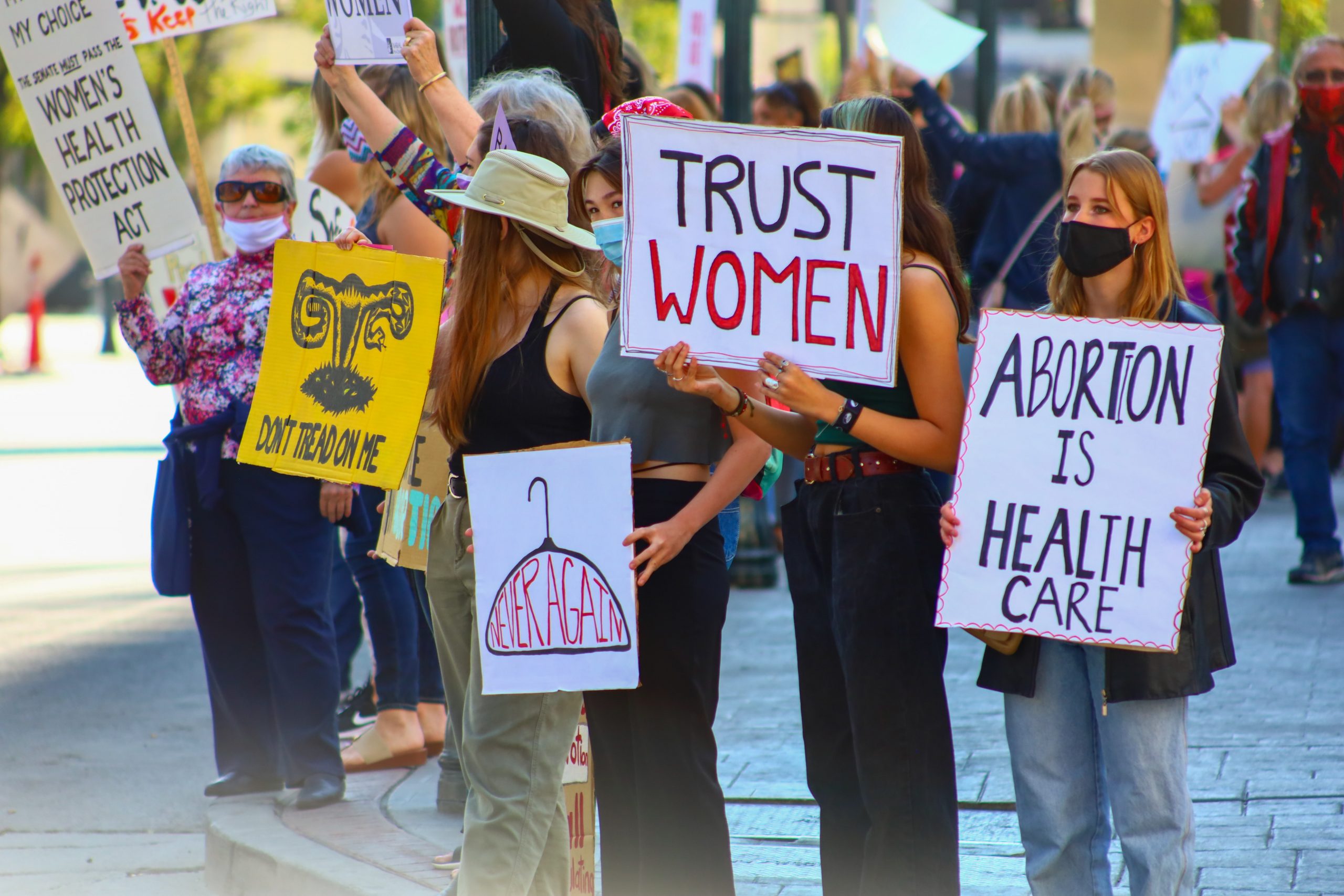
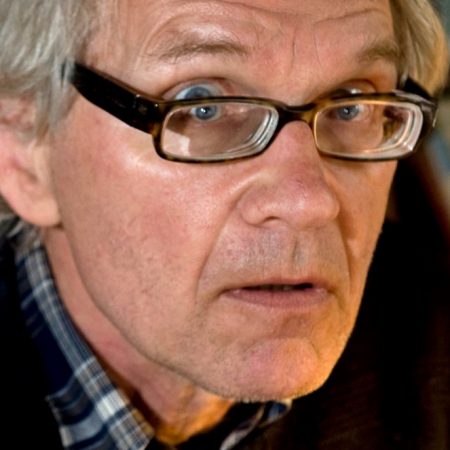
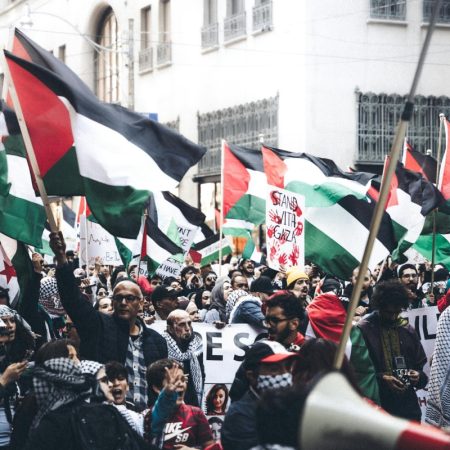






2023
2,448 views
views
0
comments